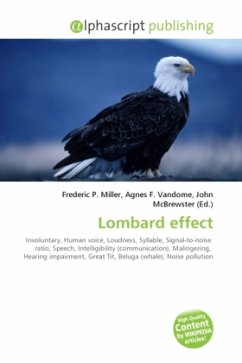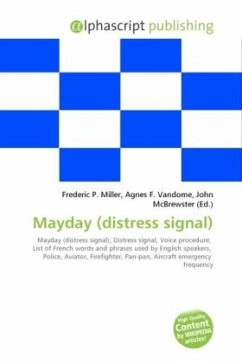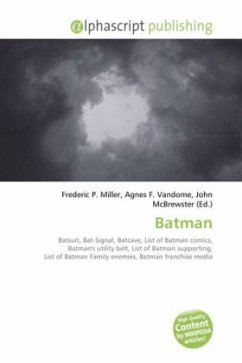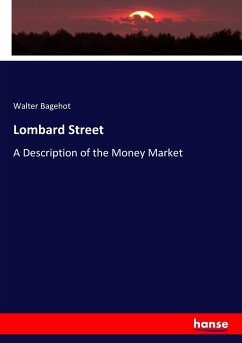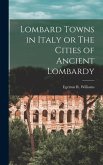The Lombard effect or Lombard reflex is the involuntary tendency of speakers to increase the intensity of their voice when speaking in loud noise to enhance its audibility. This change includes not only loudness but also other acoustic features such as pitch and rate and duration of sound syllables. This compensation effect results in an increase in the auditory signal-to-noise ratio of the speaker s spoken words. The effect links to the needs of effective communication as there is a reduced effect when words are repeated or lists are read where communication intelligibility is not important.Since the effect is also involuntary it is used as a means to detect malingering in those simulating hearing loss. Research upon Great tits and Beluga whales that live in environments with noise pollution finds that the effect also occurs in the vocalizations of nonhuman animals. The effect was discovered in 1909 by Étienne Lombard, a French otolaryngologist
Bitte wählen Sie Ihr Anliegen aus.
Rechnungen
Retourenschein anfordern
Bestellstatus
Storno

